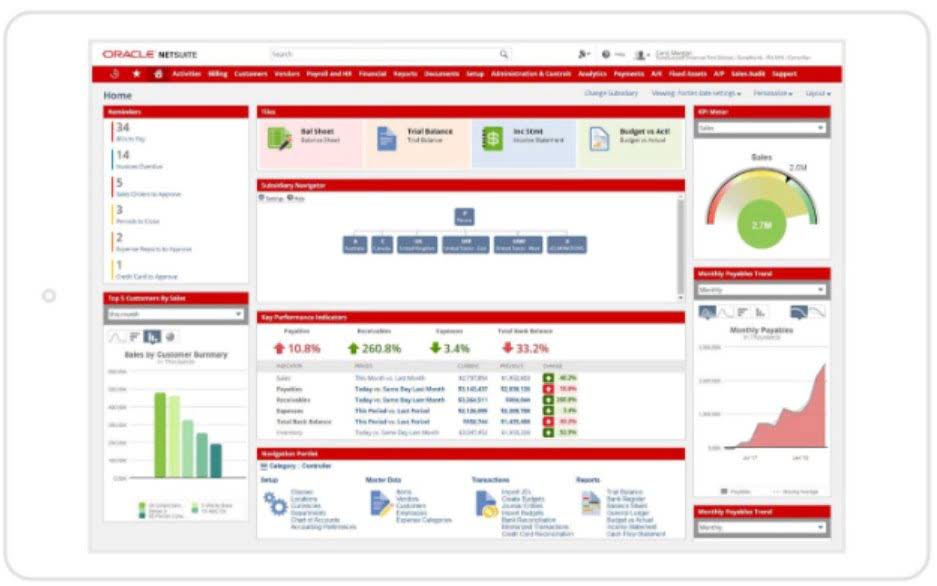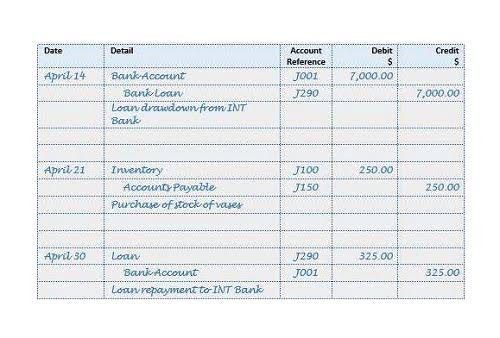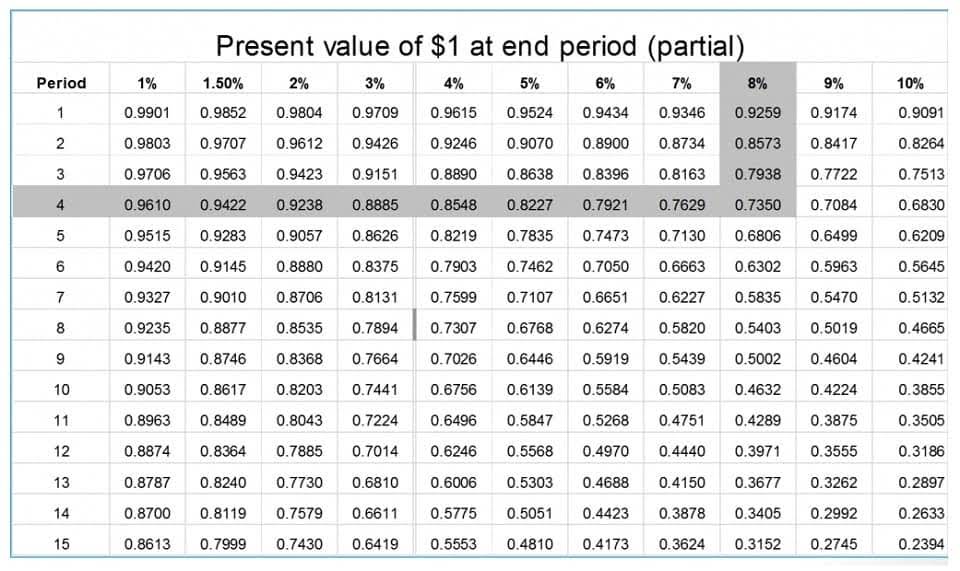
The Controller typically reports to and supports the CFO in providing budgeting and forecasting numbers. The Controller’s oversight and monitoring of the business’ finances gives the CFO confidence in the financial data as accurate – and thus, actionable. CFO’s and CPA’s work closely together; they need each other’s skills sets. But if someone is focused on being up to date on the thousands of tax laws out there, are they able to forecast cash flow, do a cost-benefit analysis for an acquisition, or handle a refinance? At the same time, most CFO’s aren’t up to speed on depreciation rules or state by state filing requirements; the CPA is. While there are certain similarities and overlaps between the two, there are distinctions that set these two roles apart.
Full Charge Bookkeeper vs CPA

For example, an accountant might wait until the end of each month to review the transactions and complete reconciliations. full charge bookkeeper They’ll be able to help you make informed decisions concerning your company’s growth, investments, and overall fiscal planning. The more your business continues to scale, the bigger the need for an accountant your business will be. When it comes to financial forecasting, data-informed strategy development, or prepping detailed reports, you can always count on an accountant. Because of this advanced certification, they’re easily distinguishable from bookkeepers and are well-equipped to deliver sound financial advice.
- Since they have more experience, they cost more than a regular bookkeeper, which few small businesses can afford right at the beginning.
- The following analysis compares the education requirements, skills required, typical salaries, and job outlooks for accounting and bookkeepers.
- It goes beyond the basic data entry and transaction recording of traditional bookkeeping.
- Bookkeepers and staff accountants have different pay scales, as shown below.
- Bookkeepers organize receipts, monitor revenue and expenditures, and compile financial documents for examination.
Should you hire a controller?

She combines over 20 years of finance and accounting experience with business processing outsourcing expertise to deliver exceptional value to her clients. Megan holds a Bachelor of Business Administration degree in Accounting from Kent State University as well as an MBA from Duke University’s Fuqua School of Business. As technology progresses and financial platforms become more advanced, some components of the accounting process have been absorbed into the bookkeeping process. QuickBooks Online is one of the most popular accounting software options around. If you hire an accountant or bookkeeper in the future, they will almost certainly be familiar with QuickBooks.
- A bookkeeper might be your ideal first hire if you’re looking to establish a strong financial foundation without the higher investment an accountant requires.
- As per Indeed’s numbers, the average base salary of a controller is around $46.33 per hour.
- Download our free checklist to help you partner with the right provider.
- They should also be organized and trustworthy since they will be handling confidential information.
- CPAs must meet ongoing educational requirements to maintain their accreditation.
Tax filing
Accountants should reconcile every single balance sheet for every account each month, without question. This process is imperative if leaders want to have confidence when they review their income statements. Your CPA may have helped you to clean up your books and guided you retained earnings through some of the most challenging years of your business. If you are proficient and comfortable using mathematics and computing figures, plus punctual, organized, and detail-oriented, it is not hard to learn how to be a bookkeeper. Of course, a background in accounting practices will help you ride out a learning curve as a new bookkeeper.
While a full charge bookkeeper and an accountant work closely with financial data, they serve divergent roles in an organization. These distinctions become apparent when we delve into their responsibilities, education, and contribution to strategic decision-making. Small business owners are typically experts in their field or industry but might need more financial expertise to keep their company’s books in order.
Who is a Full Charge Bookkeeper: Roles and Responsibilities

In that case, they can assist Remote Bookkeeping in managing the connection if you outsource your payroll. At SynkBooks, we’ve compiled everything that you need to know about full-charge bookkeeping. Join over 1 million businesses scanning receipts, creating expense reports, and reclaiming multiple hours every week—with Shoeboxed. Join over 1 million businesses scanning & organizing receipts, creating expense reports and more—with Shoeboxed. Turn your receipts into data and deductibles with our expense reports that include IRS-accepted receipt images.

J. Hall & Company Monthly Newsletter
While mostly forward looking, the CFO oversees, or if need be, performs the Controllership duties – ensuring accurate and timely reporting is available to the businesses’ key stakeholders. Depending on the size of the business, an accountant may do some of the same duties as a bookkeeper. Typically however, accountants have a four-year college degree and have a higher level of expertise and experience than bookkeepers.
